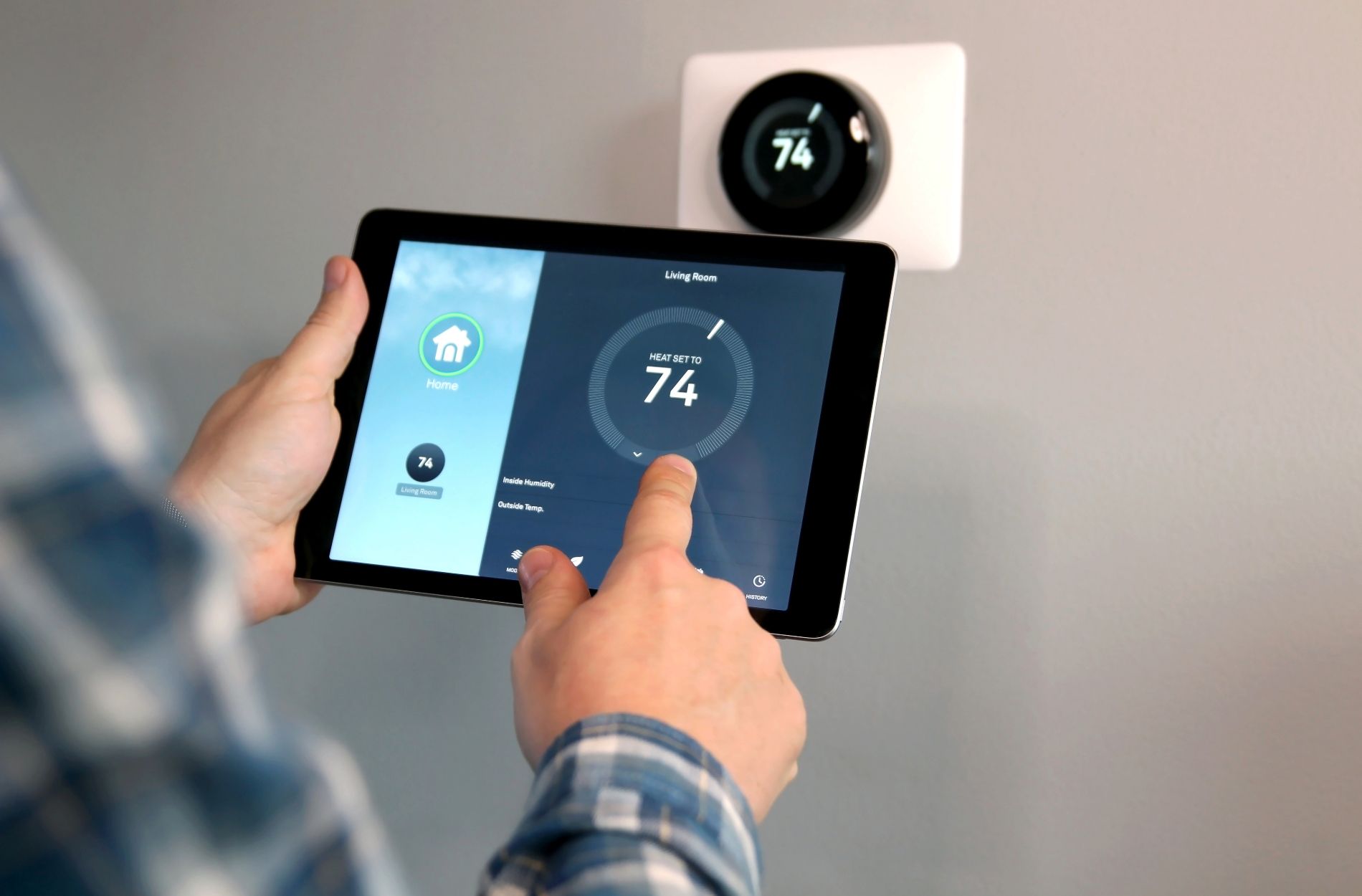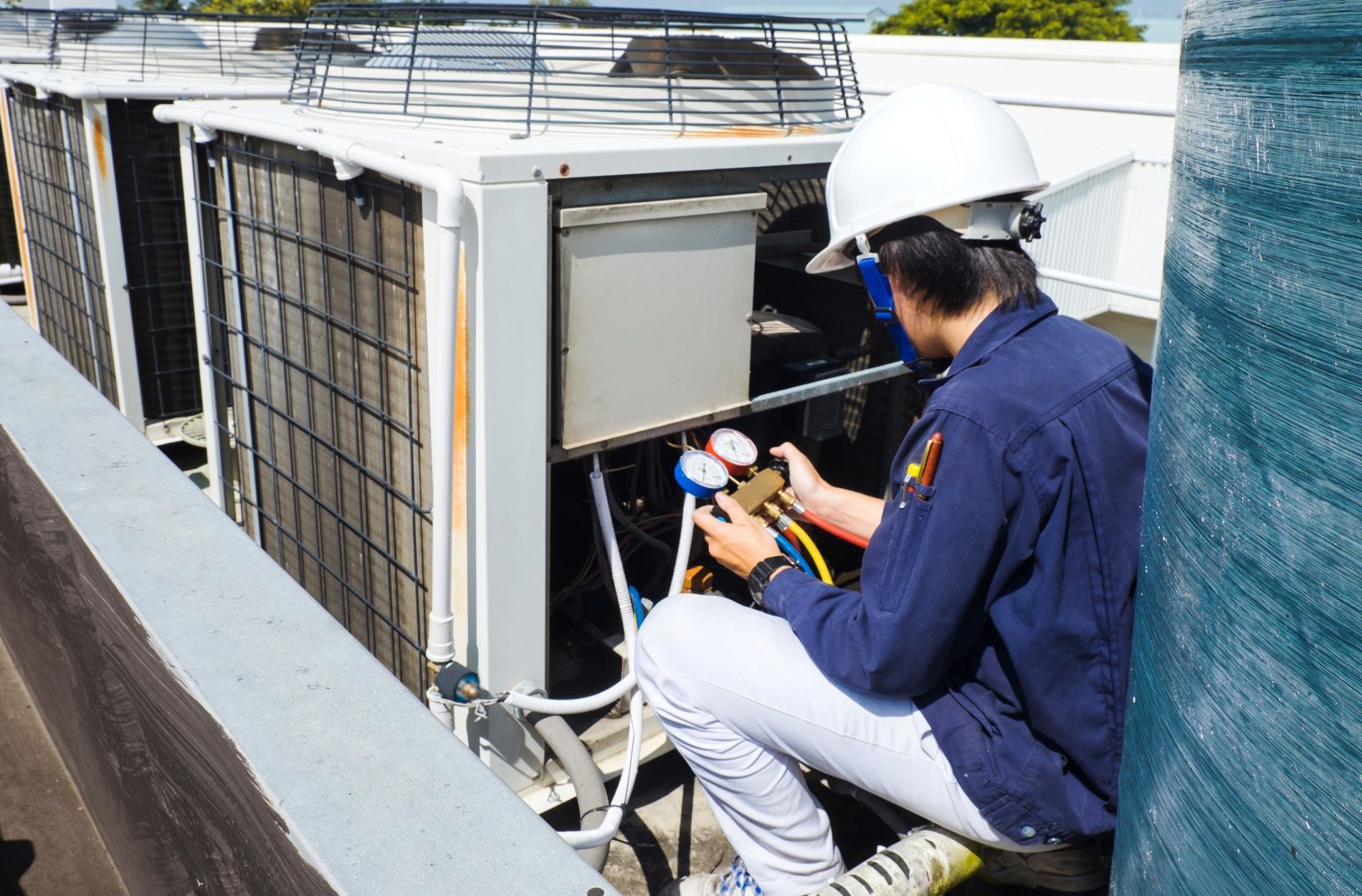Improve Your HVAC Efficiency with These Simple Home Insulation Upgrades
At Anytime Heating & Air, our commitment to delivering high-quality HVAC services extends beyond just selling, installing, and maintaining your heating and cooling systems. We believe that maintaining a comfortable, energy-efficient home environment requires a holistic approach, covering every aspect that affects your HVAC system's performance and efficiency. One such aspect that can greatly impact the overall efficiency of your HVAC unit is the insulation of your home.
Returning home to a comfortable, well-insulated house after a long day at work is simply delightful. Not only does proper insulation keep your home warm during cold winters and cool during scorching summers, but it also plays a vital role in your HVAC system's energy consumption and overall performance. By adding or upgrading insulation in your home, you can significantly improve the efficiency of your HVAC unit, ultimately resulting in energy cost savings, increased comfort, and a more eco-friendly home.
In this article, we will explore several simple insulation upgrades that you can incorporate into your home to reap the benefits of an energy-efficient living space. We will discuss various types of insulation materials, their effectiveness, and where they should be applied throughout your home to maximize energy savings. Additionally, we will provide guidelines on how to determine whether your current insulation is performing adequately, and when it might be time for an upgrade.
By understanding the importance of proper insulation and implementing these suggested upgrades, you can effectively enhance the energy efficiency, performance, and comfort of your HVAC system. Our team of experienced technicians at Anytime Heating & Air is ready to guide and assist you in creating a well-insulated, energy-efficient, and comfortable living environment for you and your family.
Understanding Insulation Effectiveness: R-Values
To make informed decisions about your home's insulation, it's essential to understand R-values. An R-value is a measure of a material's thermal resistance, indicating how effectively it can slow heat transfer. Higher R-values translate to greater insulating effectiveness. Keep in mind that insulation materials and thickness may need to be adjusted based on your geographic location and local climate. Understanding R-values will help you make better decisions about the best insulation options for your needs.
Choosing the Right Insulation Material
There's a wide array of insulation materials to choose from, each with different characteristics and insulation capabilities. Some popular options include:
- Fiberglass: A common and cost-effective choice, fiberglass insulation is available in rolls, batts, or loose-fill. With a relatively high R-value, fiberglass is suitable for various applications, including wall cavities, attics, and basements.
- Cellulose: Manufactured from recycled paper, cellulose is an eco-friendly insulation option that is fire-, mold-, and pest-resistant. With a slightly higher R-value than fiberglass, cellulose insulation can be installed as a loose-fill or dense-packed material.
- Sprayed Foam: Versatile and highly effective, sprayed foam insulation can be applied to hard-to-reach areas, forming a seamless barrier against air infiltration. It's available in open-cell and closed-cell variants, with the latter boasting an exceptionally high R-value.
- Rigid Foam Boards: Offering excellent thermal performance, rigid foam boards can be installed on exterior walls, foundation walls, and underneath concrete slabs.
Addressing Key Insulation Areas in Your Home
To maximize HVAC efficiency, it's crucial to address several key insulation areas throughout your home. Consider upgrading the insulation in these priority zones:
- Attics: Often the primary source of heat loss or gain, adequately insulating your attic space can dramatically improve HVAC efficiency. Insulate the attic floor to prevent heat from escaping in winter and the attic access door or hatch to minimize air leaks.
- Walls: Insulating exterior walls could significantly reduce the heat transfer between your home's interior and the outside environment. Options for wall insulation upgrades include adding insulation in wall cavities during construction or retroactively injecting blown-in insulation materials.
- Basements and Crawlspaces: Insulate foundation walls and floors above unheated crawlspaces to reduce heating and cooling loads on your HVAC system.
- Windows and Doors: Weather-stripping and sealing gaps around windows and exterior doors can prevent drafts and air infiltration, leading to improved HVAC efficiency and overall comfort.
Evaluating Your Current Insulation
To determine the effectiveness of your existing insulation and identify areas for improvement, consider scheduling an energy audit. This comprehensive assessment will reveal air leaks, insufficient insulation, and other energy efficiency shortcomings. An energy audit is an essential first step toward understanding your home's insulation needs and creating a targeted action plan to address them.
Upgrading Your Insulation: A Worthwhile Investment
Upgrading your home's insulation might require an initial investment, but the long-term benefits are worthwhile. Improved insulation can result in substantial energy savings, effectively reducing your HVAC system's energy consumption, decreasing utility bills, and contributing to a greener, more sustainable home environment. Proper insulation also provides enhanced comfort by minimizing temperature fluctuations, drafts, and exterior noise.
Conclusion: Enhance Your HVAC Efficiency with Insulation Upgrades
Upgrading your home's insulation is a crucial aspect of maximizing HVAC efficiency and creating a more comfortable living environment. By choosing the right insulation materials, addressing key insulation areas, and consulting with experienced professionals, you can significantly improve your home's energy performance.
If you need assistance in understanding and upgrading your
home insulation, reach out to the knowledgeable team at Anytime Heating & Air. Our dedicated technicians can provide expert advice and services tailored to your needs, ensuring that your home is efficiently insulated and optimized for HVAC performance and overall comfort.


